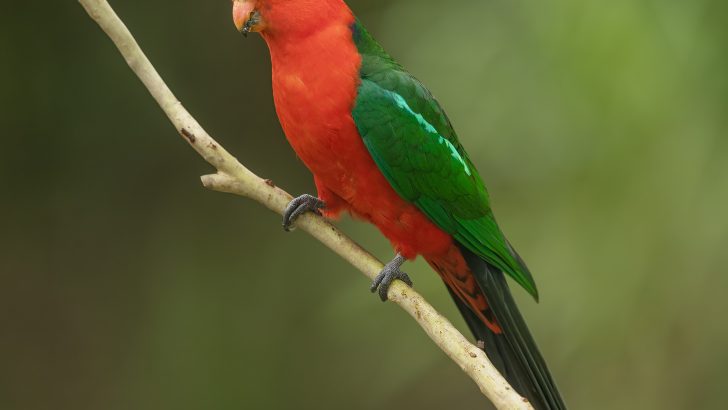Amateur archaeologist unearths pre-Viking treasure in Denmark
An amateur archaeologist has found 22 gold objects with sixth century symbols that could yield new details about pre-Viking peoples in Denmark, the museum that will house the treasure has said.
Some of the objects have runic motifs and inscriptions which may refer to the rulers of the time, but also recall Norse mythology, Mads Ravn, director of research at the Vejle museums in western Denmark, told AFP.
“It is the symbols on the items that makes them unique, more than the quantity found,” according to Dr Ravn, who said the treasure weighed about one kilogram.
One piece even refers to the Roman emperor Constantine from the early 4th century, said Dr Ravn.
According to initial examinations, the treasure could have been buried as an offering to the gods at a chaotic time when the climate in northern Europe dramatically turned colder after a volcanic eruption in Iceland in 536 sent ash clouds into the sky.
Spanish woman switched at birth sues health department
A 19-year old Spanish woman who was swapped at birth with another baby born hours earlier is suing the regional health department for more than €3 million, her lawyer has told a local TV station.
The health department in the northern region of La Rioja said in a statement that an internal investigation found an undetermined “one-off human error” was to blame and added it would respect any judicial proceedings.
“We are not aware of any other cases,” it said, adding that current systems in place would prevent any similar mix-up from happening again.
The woman, who wishes to remain anonymous, was born in 2002 in the San Millan de Logrono hospital in La Rioja some five hours after another baby girl.
“In the case of my client, she was born later but was given to the mother who gave birth to the first child,” Jose Saez Morga, the lawyer, told the TVR television network.
“This is negligence so gross that it speaks for itself.”
Animals ‘shape-shifting’ as climate warms: study
Some animals are “shape-shifting” and have developed bigger tails, beaks and ears to regulate their body temperatures as the planet warms, according to a new study.
From Australian parrots to European rabbits, researchers found evidence that a host of warm-blooded animals have evolved bigger body parts, which could allow them to lose body heat more effectively.
Climate change is heaping “a whole lot of pressure” on animals, said Sara Ryding of Deakin University in Australia, who led the study, in a press release.
The Australian parrot, for example, had shown an average 4-10% increase in the size of its bill since 1871 and the authors said this positively correlated with the summer temperature each year.


 Australian king parrot. Photo: Wikipedia
Australian king parrot. Photo: Wikipedia